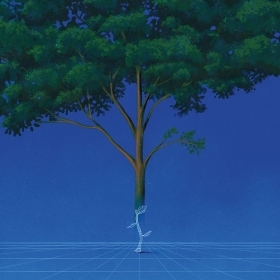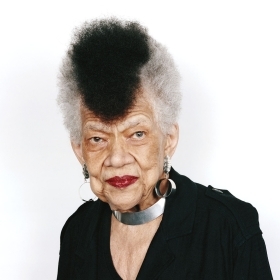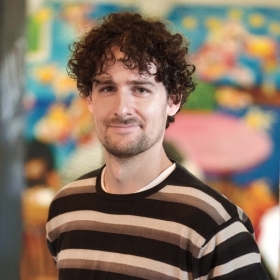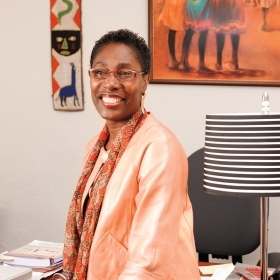We caught up with Helena de Bres, associate professor of philosophy, soon after the fall semester began to ask about what a philosopher does.
If you were to visit a first-grade class, how would you explain your job?
I would say that I study what we should and should not do, and what kind of person we should and shouldn’t be. An example might be, at your 6th birthday party it’s time to divide the cake up. One way to do that would be for you to eat it all, because it’s your birthday. Another way would be to divide it up fairly among your friends. One thing philosophers do is think of principles you might use to answer that type of question.
Had you always wanted to be a philosopher?
I asked my dad about which classes I should take in my freshman year, and he said, “Definitely don’t take philosophy. It’s terrible. You’ll hate it.” So partly, I think, I took it just to defy my father and found that I really enjoyed it. I started as a French major, studying French literature. The philosophy classes captured my imagination in a way that the French classes didn’t. So I switched over.
What brought you here from New Zealand, where you grew up?
After college [at Victoria University in Wellington], I worked in a bookstore in Sydney, Australia, for a couple of years. I was totally burnt out. I didn’t want to do any more philosophy. And then I found myself going back over to the philosophy section in the bookstore and reading books on my lunch break. I realized I couldn’t really shake this thing. I decided to go to grad school, and came to M.I.T.
Tell us about your research.
It’s in global justice. Some of the things I look at are applied questions—questions about fairness in international trade, about immigration and how to understand that. What are our duties to people suffering overseas? Are the current immigration restrictions we have morally justified? Other questions are a bit more abstract. In my environmental ethics class, we talk about distributed justice with respect to climate change. But some are more personal. One big question is about our duties to nonhuman animals, so we spend a bit of time talking about vegetarianism.
Is Wellesley a good place to be a philosopher?
It’s very, very good—and it’s a good place to do other things alongside philosophy. I have a lot of other interests, and I feel that Wellesley is a very supportive environment for pursuing those. I’ve started writing fiction recently. It’s almost cathartic: You get tenure, and then you write a novel.
What’s your novel about?
It is set on the grounds of a women’s liberal-arts college—and that’s all I’m saying right now.
Photo by Richard Howard






We ask that those who engage in Wellesley magazine's online community act with honesty, integrity, and respect. (Remember the honor code, alums?) We reserve the right to remove comments by impersonators or comments that are not civil and relevant to the subject at hand. By posting here, you are permitting Wellesley magazine to edit and republish your comment in all media. Please remember that all posts are public.